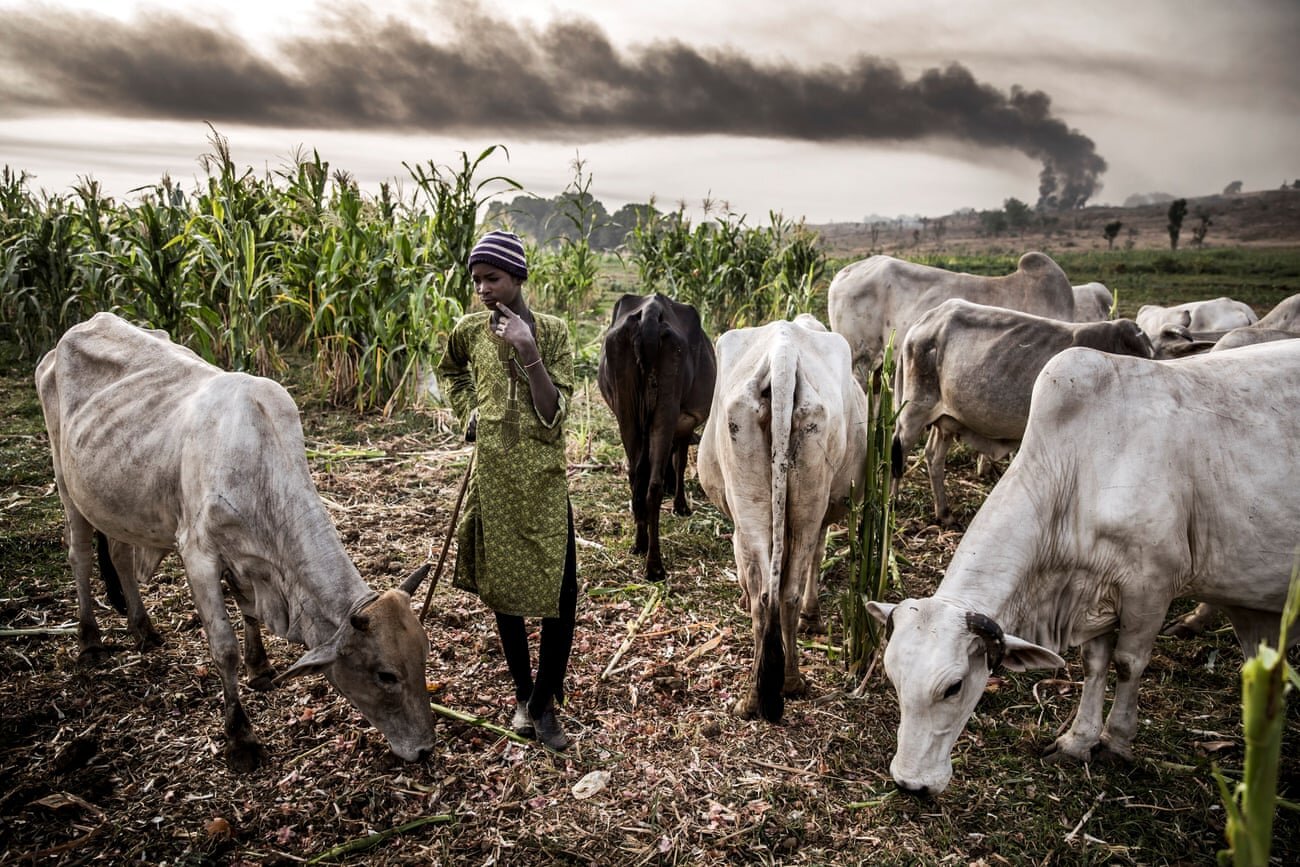President Tinubu Champion for Revitalization of Livestock Farming in Nigeria

President Tinubu’s has underscores a renewed focus on the livestock sector as a vital component of Nigeria’s economic strategy, aiming to enhance food security, create jobs, and reduce reliance on imports.
In a recent address in Abuja, President Bola Tinubu emphasized the im theportance of revitalizing the livestock farming sector, which has been historically neglected. He expressed his commitment to avoiding past mistakes, particularly the reliance on dairy imports, and pledged to establish a robust framework to stimulate growth and prosperity in the sector.
During the opening of a two-day Consultative Workshop on Livestock Reforms at the State House Conference Centre, President Tinubu highlighted the critical role of the livestock sector in Nigeria’s economy. He assured stakeholders of government support aimed at transforming the sector to create jobs and attract foreign direct investment (FDI).
“The livestock sector is critical, and we will give all it needs to bring value to our country,” he stated, urging collaboration and investment in the industry. He pointed out the absurdity of a nation with over 200 million people being unable to provide basic nutrition, such as a pint of milk, to its children in schools.
The President acknowledged the efforts of the Presidential Livestock Reform Implementation Committee, led by Prof. Attahiru Jega, in repositioning the livestock sector.
He articulated a vision to transition from a subsistence model to a commercialized industry that significantly contributes to Nigeria’s Gross Domestic Product (GDP) and provides sustainable livelihoods.
Despite Nigeria being the leading livestock producer in West Africa, with substantial numbers of chickens, cattle, goats, sheep, and pigs, President Tinubu noted the stark reality of low production levels of animal-source foods. He highlighted the country’s annual production of milk, meat, and eggs as insufficient to meet domestic needs, with per capita consumption levels falling far below global averages.
The President expressed concern over the low average milk yield from local cow breeds, which is significantly below the global average. He pointed out that the long-term neglect of the livestock sector has resulted in high import bills for dairy products, costing the country between $1.2 to $1.5 billion annually.
“We can do it. We can bring prosperity to our people. We can feed our children,” he asserted, emphasizing the potential for the livestock sector to contribute to economic growth and job creation.
President Tinubu also recognized the support of the Nigerian Governors Forum (NGF) and various stakeholders in the reform process. He called for a collective effort to seize investment opportunities in the livestock sector, which he believes can lead to significant economic benefits for the nation.
The Chairman of the NGF, Abdulrahman Abdulrazak, expressed full support for the reforms, highlighting the importance of livestock farming for both food and national security. He urged states to develop segments for livestock farming and extend the value chain to include meat and dairy production.




